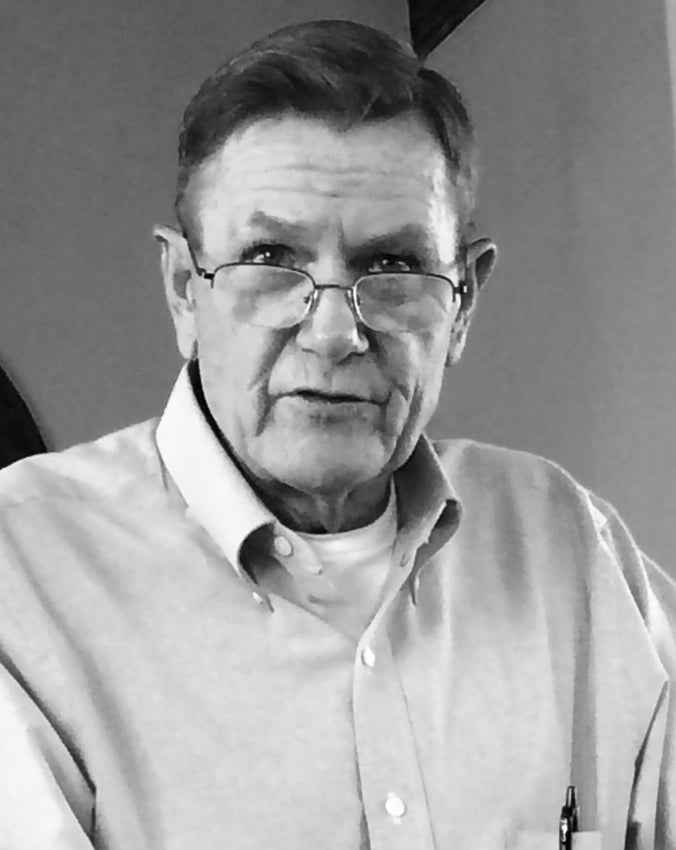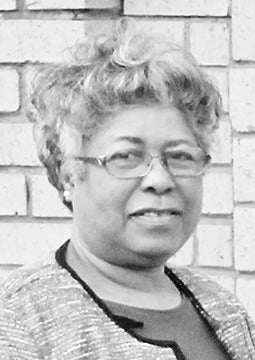Remembering Pvt. Fisher this Memorial Day
Published 4:08 pm Tuesday, May 18, 2021
By John Nelson
Panolian Columnist
Memorial Day is a time to remember someone who made the ultimate sacrifice in the service of our country, and this May 31, I will be thinking about Harry Fisher, or was his name Franklin J. Phillips?
I first became aware of his interesting story back in the mid-80’s when involved in a project to convert five, ex-Danish container vessels into military support ships. The converted ships would comprise a squadron capable of storing on board and delivering all the supplies and equipment required by a marine expeditionary force for thirty days of field service.
The Marine Corps selected the ship names from a list of marines who were Medal of Honor recipients and invited relatives of the honorees to take part in the naming ceremonies, but when the “Pvt Harry Fisher” was christened at the old Bethlehem Steel shipyard at Sparrow’s Point, Maryland, no family members had been found.
A search beginning in McKeesport, Pennsylvania, Fisher’s home town, had turned up no leads. Since he had died in the Boxer Rebellion in China in 1900 leaving no sons or daughters behind, it was not surprising that there were no family connections. But it was unusual that there seemed to be no one in McKeesport who had ever heard of Harry Fisher.
In the absence of a relative, Helen Bentley, long-time maritime reporter for the “Baltimore Sun” and then a congresswoman from Maryland, was chosen to deliver the address and to christen the ship as customary by breaking a bottle of champagne across the bow.
After we sailed away in late 1985 to join Maritime Prepositioning Squadron Two on Diego Garcia, local historians in McKeesport wondered why Harry Fisher was unknown there. Their search through old newspapers revealed that a hometown boy named Franklin J. Phillips had been killed during the Boxer Rebellion, and this clue led to the unraveling of the mystery.
Franklin had been a private in Company M of the 1st U.S. Infantry during the Spanish American War, and was suffering from malaria when his regiment was rotated back to the U.S. He became dissatisfied with his care at an army hospital and made his way home to McKeesport where his mother nursed him back to health.
He then tried to rejoin his unit but encountered a problem that he hadn’t anticipated. His regiment had been shipped back to Cuba, and the U.S. Army was not pleased with his choice of home care. He had been given a dishonorable discharge and listed as a deserter.
Franklin must have spent a couple of agonizing months trying to decide what to do before walking into a Marine Corps recruiting office and enlisting as Harry Fisher. Within a year, he was with other marines in China defending the American Delegation from groups of Chinese nationalists known as “boxers” who were bent on kicking foreigners out of their country.
Details of the action that resulted in his being the first marine to be posthumously awarded the medal are sketchy. The citation reads in part that he “Served in the presence of the enemy at the battle of Peking, China, 20 June to 16 July 1900. Assisting in the erection of barricades during the action, Fisher was killed by the heavy fire of the enemy.”
Further research revealed that Franklin’s mother had written a letter in 1901 to the Commandant of the Marine Corps requesting that her son’s records be changed to reflect his true name, but her request was denied. The commandant’s position was that he had enlisted as Harry Fisher, had died under that name, and would be known by that name in the Marine Corps.
While we were on station out on Diego Garcia, a movement began in McKeesport to not only change the records but to also rename the ship. The cause was taken up by Pennsylvania congressmen, and the commandant at the time found himself under a lot more pressure than a mere mother’s wishes. The records were changed, and when the ship returned to the U.S. for a dry docking in early 1988, she became the “Pvt Franklin J. Phillips.”
That all occurred years ago, but I sometimes think about the man who lost his health in a war that few remember and recovered it only to lose his life in a military action hardly anyone remembers.
Considering our current tendency to judge our country’s past actions in the context of how we view things today, many Americans would say that Franklin’s sacrifices were wasted in places where our forces shouldn’t have been engaged.
But I believe that our survival as a nation will depend on the future sacrifices of men like Franklin J. Phillips, and this Memorial Day, he will be on my mind.
Write to John Nelson at johnnlsn1913@hotmail.com






